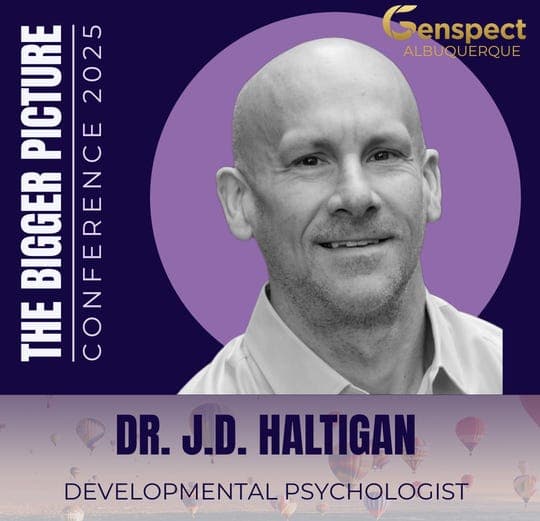Dr. J.D. Haltigan Criticizes "Gender Insanity" in Academia, Citing "Mind-Boggling" Content

Dr. J.D. Haltigan, a PhD in Developmental and Evolutionary Psychopathology, recently took to social media to express strong criticism regarding contemporary discourse on gender, describing it as "bizarre & disordered." Haltigan, known for his outspoken views on academic trends and scientific rigor, highlighted a particular piece he found "mind-boggling" and a "must read" for those observing the "larger world of gender insanity." The tweet, posted by @JDHaltigan, did not include the specific link to the article he referenced.
Haltigan, whose professional background includes research in measurement science and psychiatric nosology, has previously voiced concerns about the influence of what he terms "left-wing ideologies" within universities. His personal website features articles such as "Gender Biology: A Societal Sham," where he questions the biological basis of numerous gender identities and the rapid increase in gender-questioning youth. He has also been involved in legal action against academic institutions, filing a lawsuit against UC Santa Cruz over its requirement for diversity, equity, and inclusion (DEI) statements in faculty applications, arguing it infringes on free speech.
The developmental psychologist's comments resonate within a broader ongoing debate concerning gender identity, particularly in academic and scientific circles. Discussions frequently revolve around the balance between affirming individual identity and adhering to traditional biological definitions, as well as the methodologies and interpretations of research in the field. Haltigan's public stance consistently advocates for what he perceives as scientific objectivity and criticizes what he views as ideological capture within academia.
His recent tweet underscores a persistent tension between evolving social understandings of gender and established scientific frameworks. Haltigan maintains that many current academic and societal approaches to gender lack scientific rigor and contribute to a disordered understanding of human development. This perspective positions him as a prominent voice among those questioning the prevailing narratives on gender identity within higher education and public discourse.